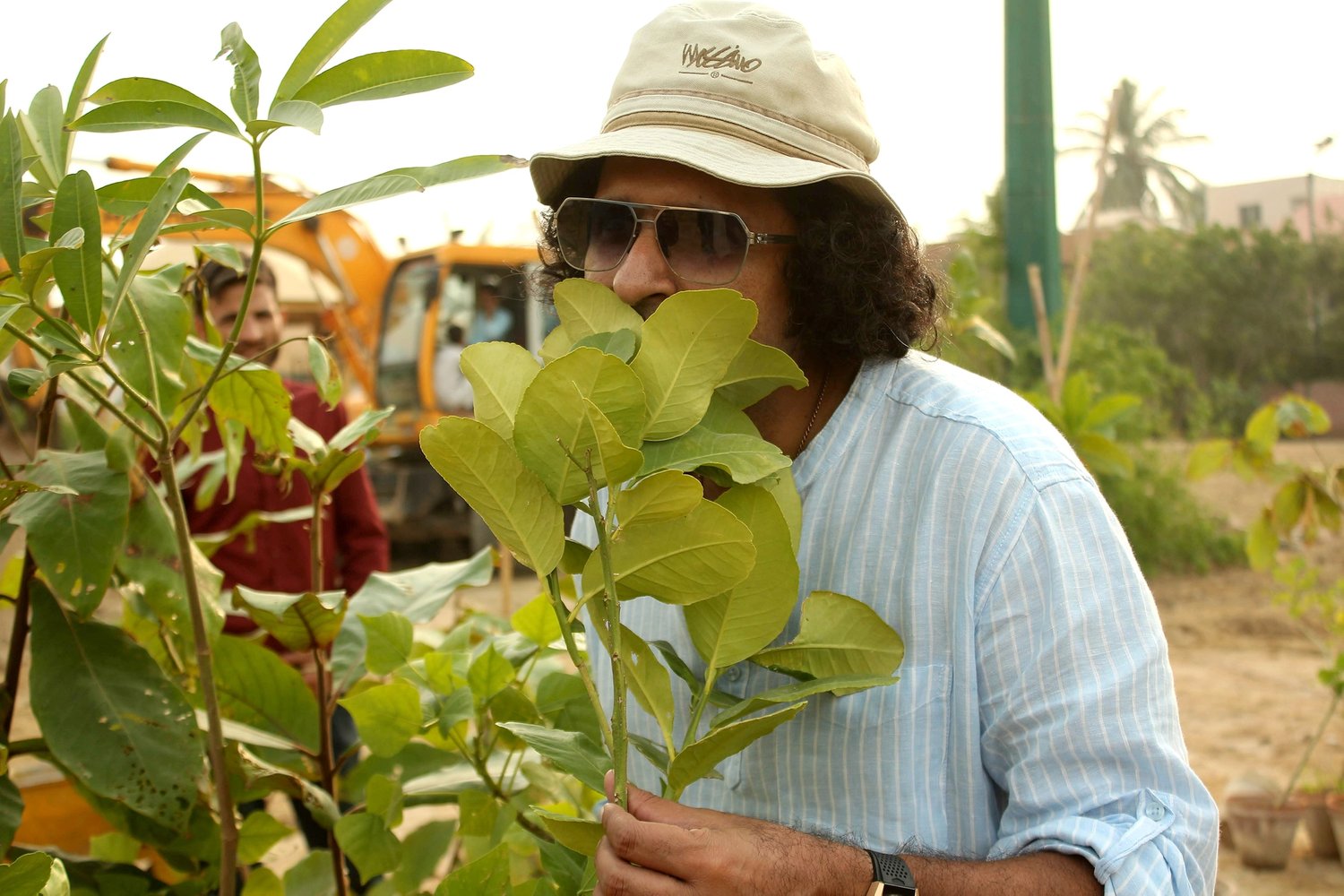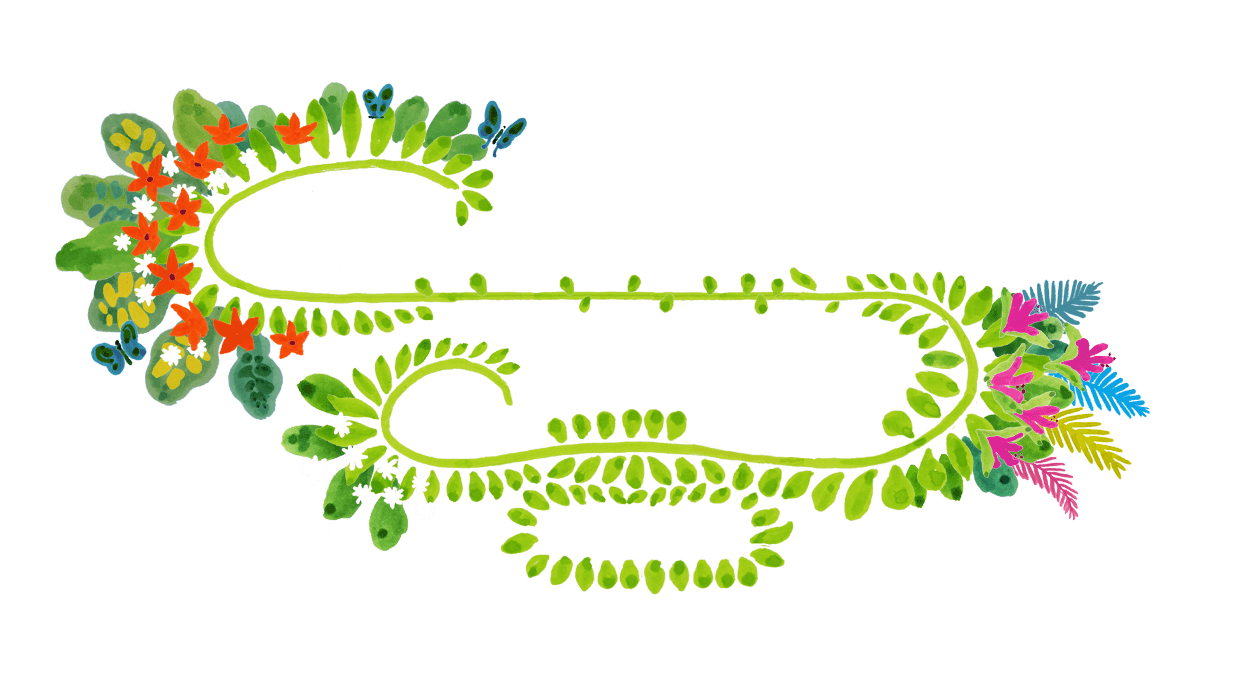
Karachi, Pakistan
Clifton Urban Forest
A game-changing green lung in the center of Karachi.
We aim to create evergreen, sustainable forests to restore Karachi’s degraded environment.
‘Clifton Urban Forest’ was re-designed to answer several challenges facing a modern-metro lifestyle.
Our goal is to plant 50,000 trees, which will serve as the “Air Purifier & Lungs” of the area. The mini forests will help bring the ambient temperature down once fully grown. Moreover, they will also hold thousands of gallons of run off water after rain.
Forest Maker Shahzad Qureshi
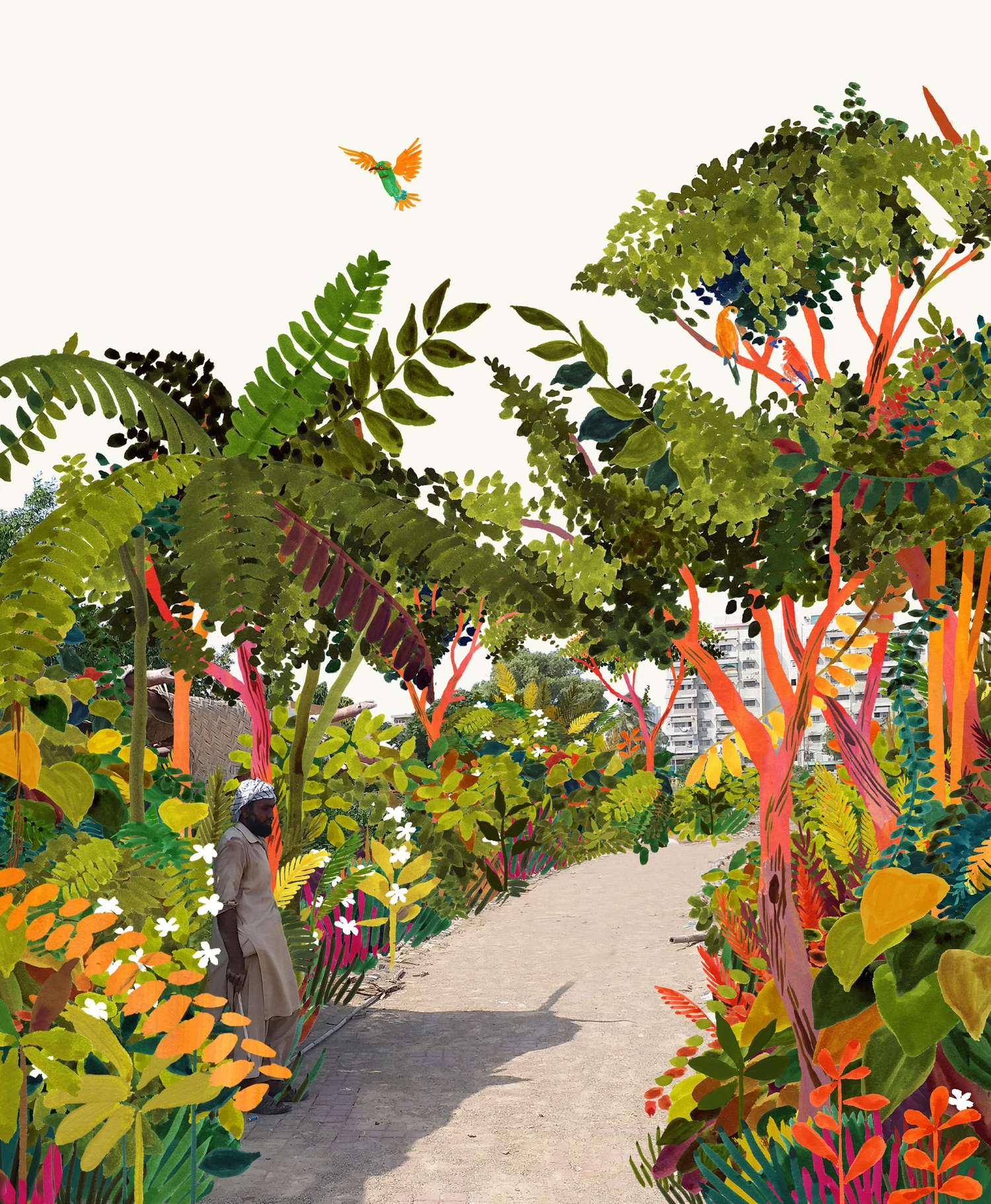
1,050
Trees
300
SQUARE METERS
32
Native species
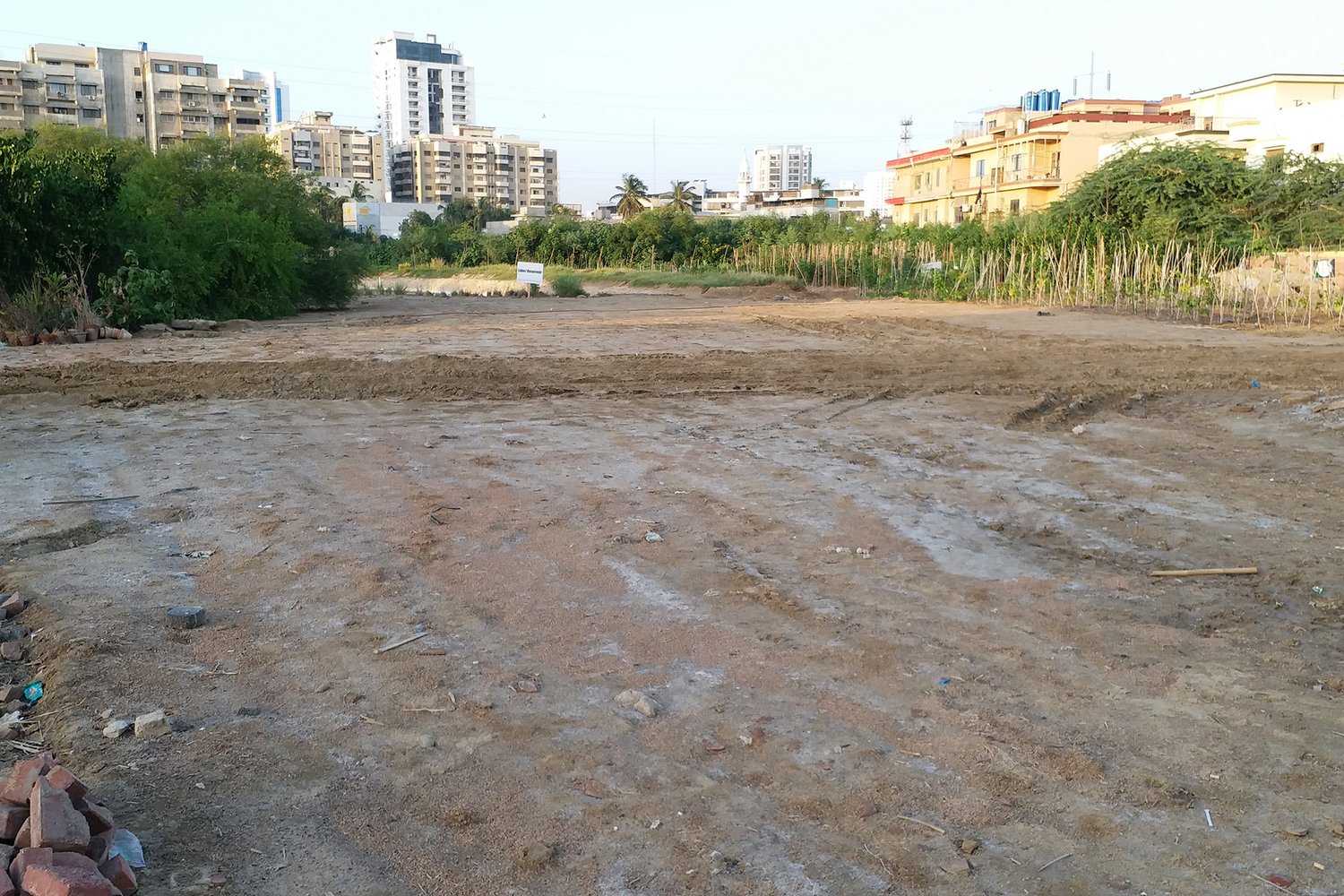
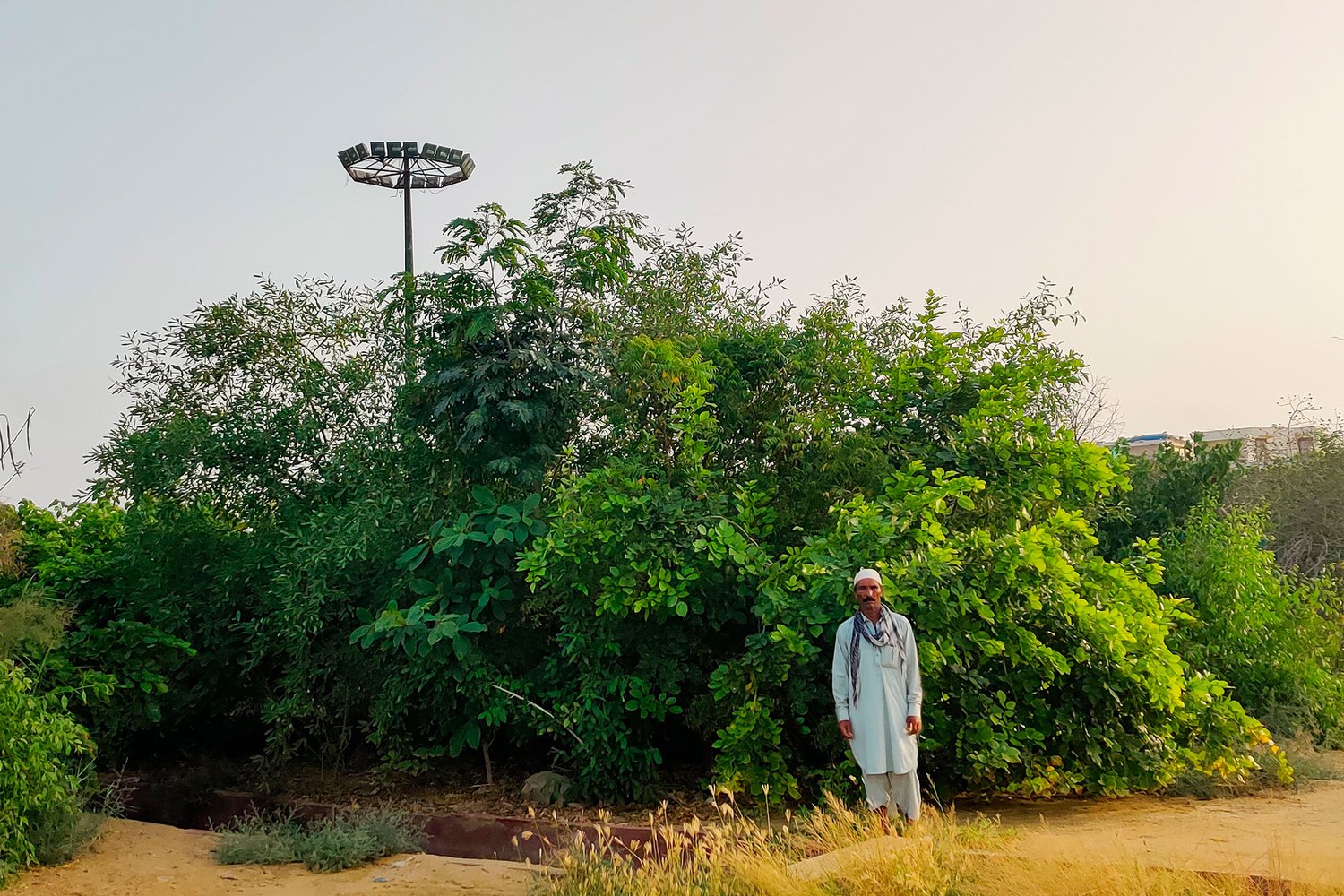
“We aim to create evergreen, sustainable forests to restore Karachi’s degraded environment.”
— Shahzad Qureshi
Forest Report: 2 Years
DATE: 29.11.2021
Survival Rate: 80-85%
Tallest Tree: 365cm
Now over two years old, this pocket forest continues to thrive in the heart of Karachi. At 488cm, the grey leaved saucerberry (Cordia sinensis) is currently the tallest species.
This forest was an important tool during the extreme flooding of the summer of 2022; it would take in the standing water both from within the forest and surrounding areas. This is a valuable takeaway & highlights the importance of these spaces in the future of urban planning globally.
Clifton Urban Forest is also an integral part of the community; daily it welcomes local people, who come to sit, take in the sights and sounds of nature, and have some moments of peace in their busy lives. Indeed, the forest also provides a cool space where people can spend time in the summer months.
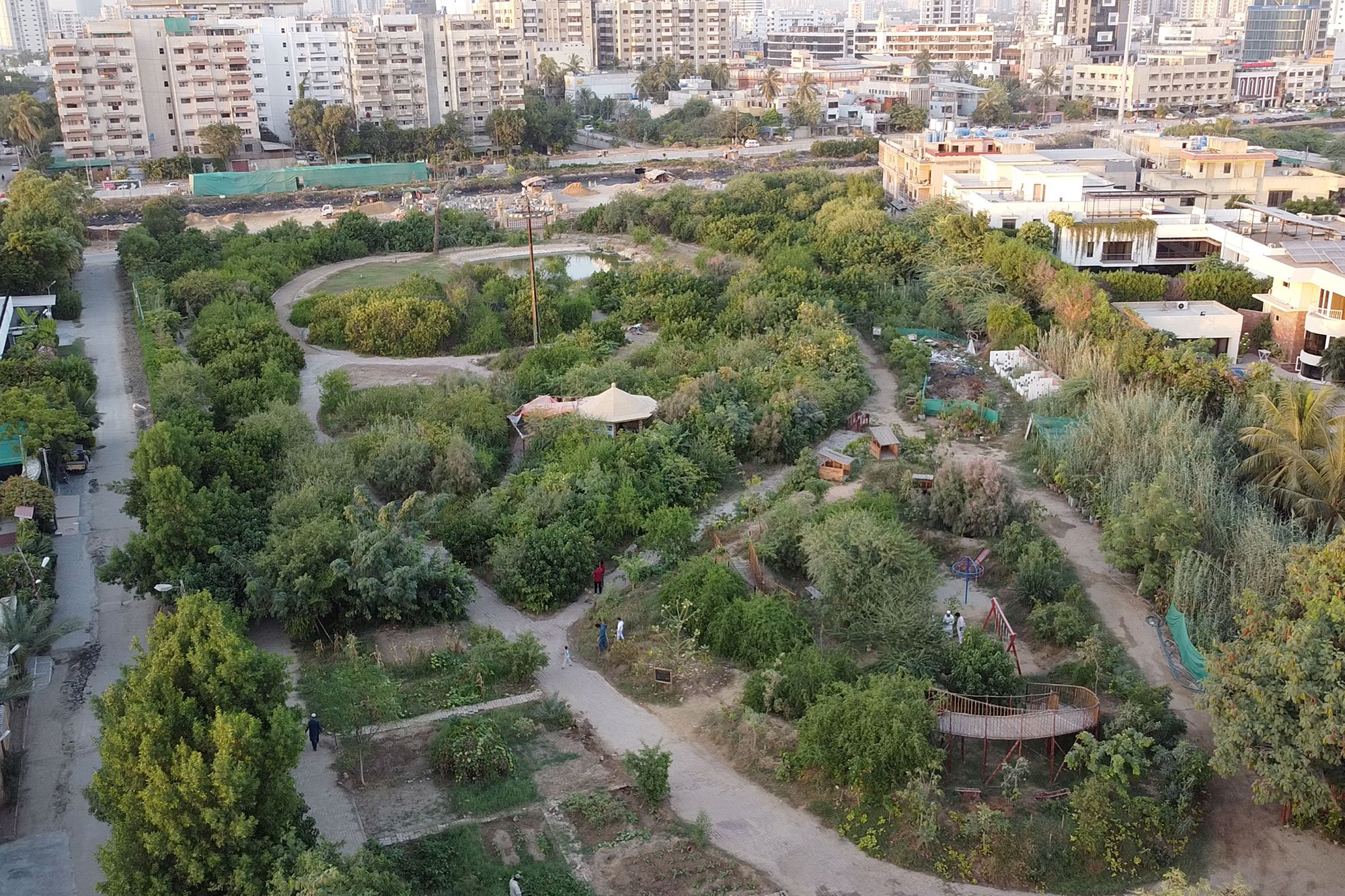
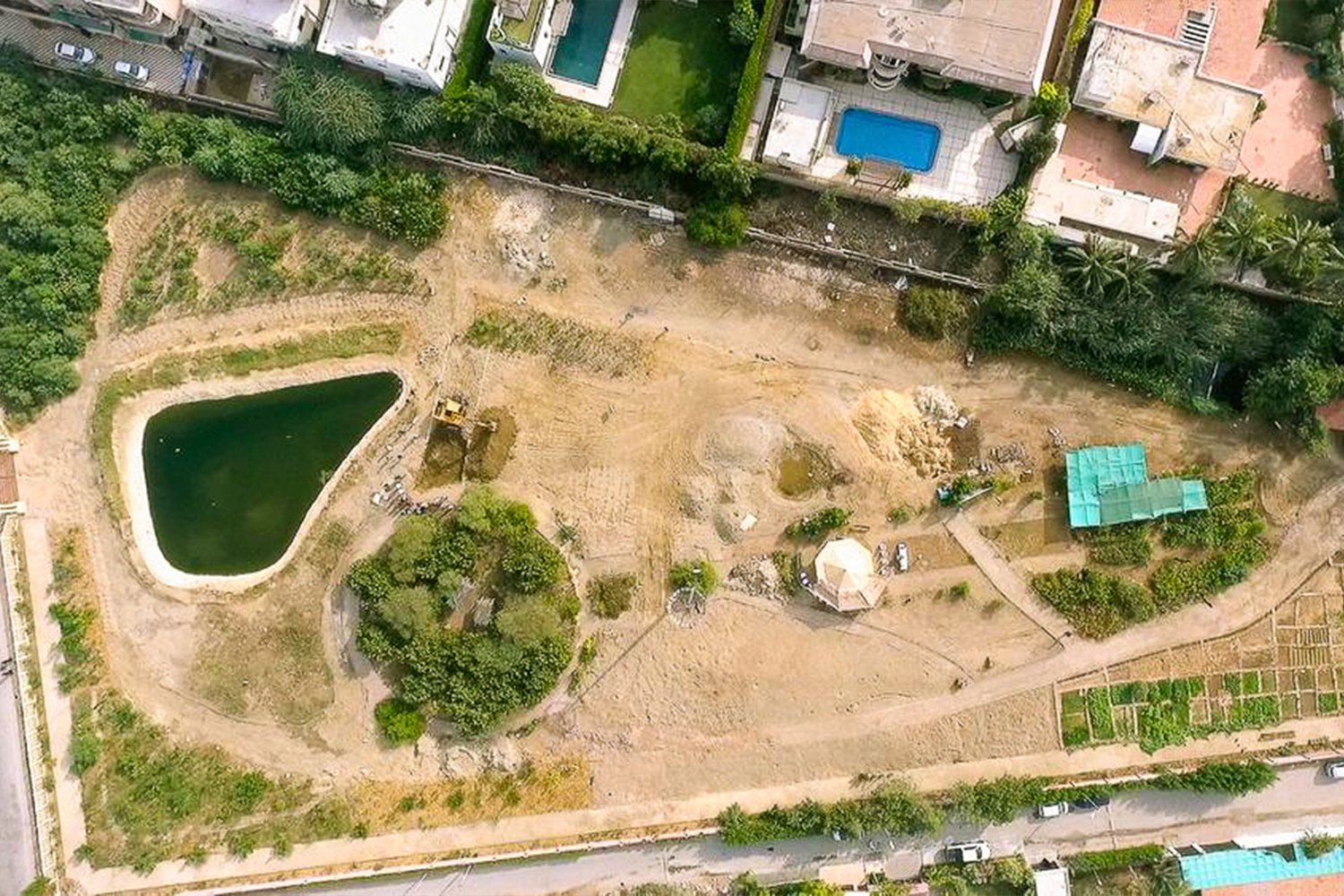
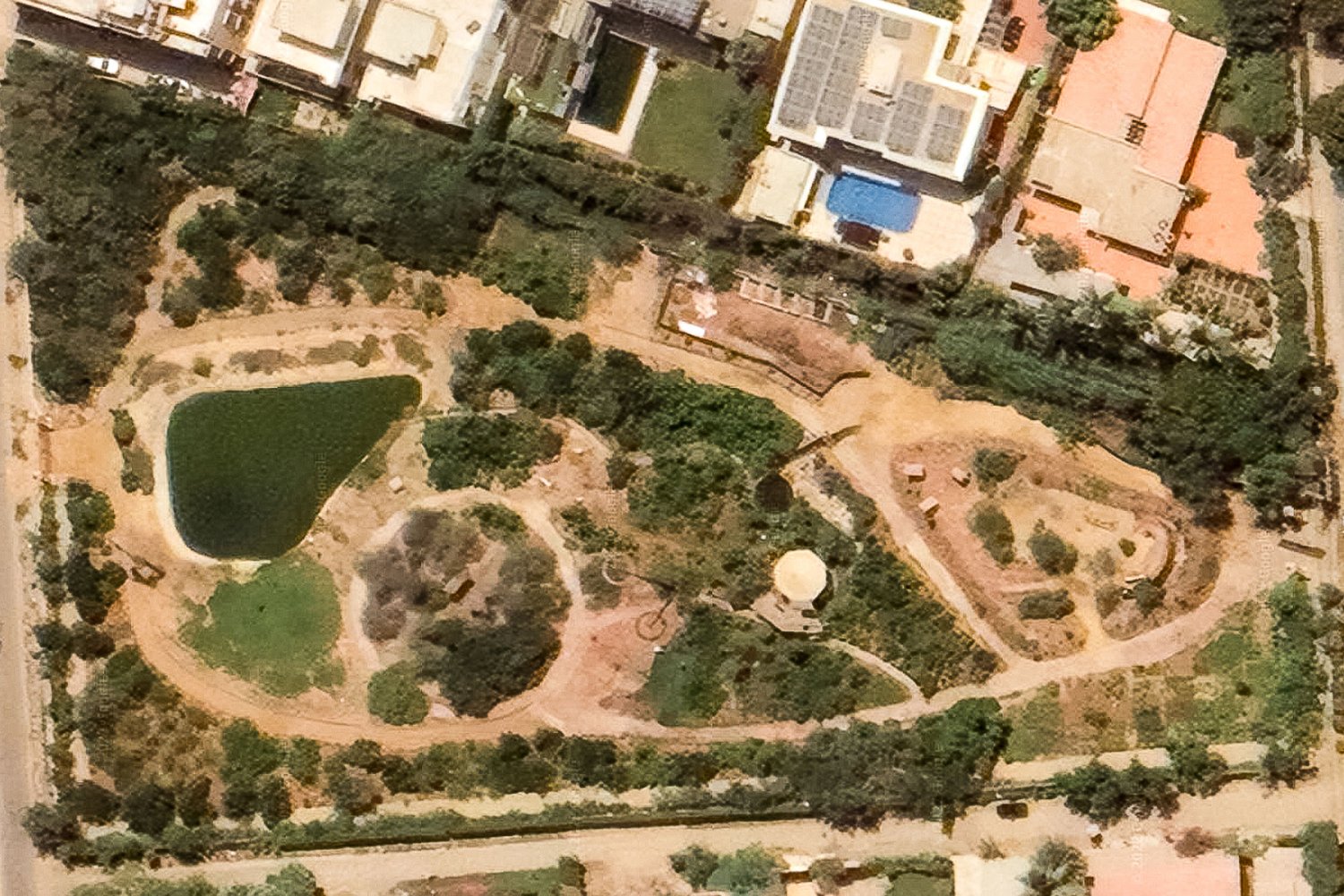
Biodiversity Notes:
This pocket is alive with insects, butterflies and several species of bird, including: the green bee eater (Merops orientalis), collared dove (Streptopelia decaocto), Asian koel (Eudynamys scolopaceus), delicate prinia (Prinia lepida), common chiffchaff (Phylloscopus collybita), Indian silverbill (Euodice malabarica), common sandpiper (Actitis hypoleuco) and white wagtail (Motacilla alba).
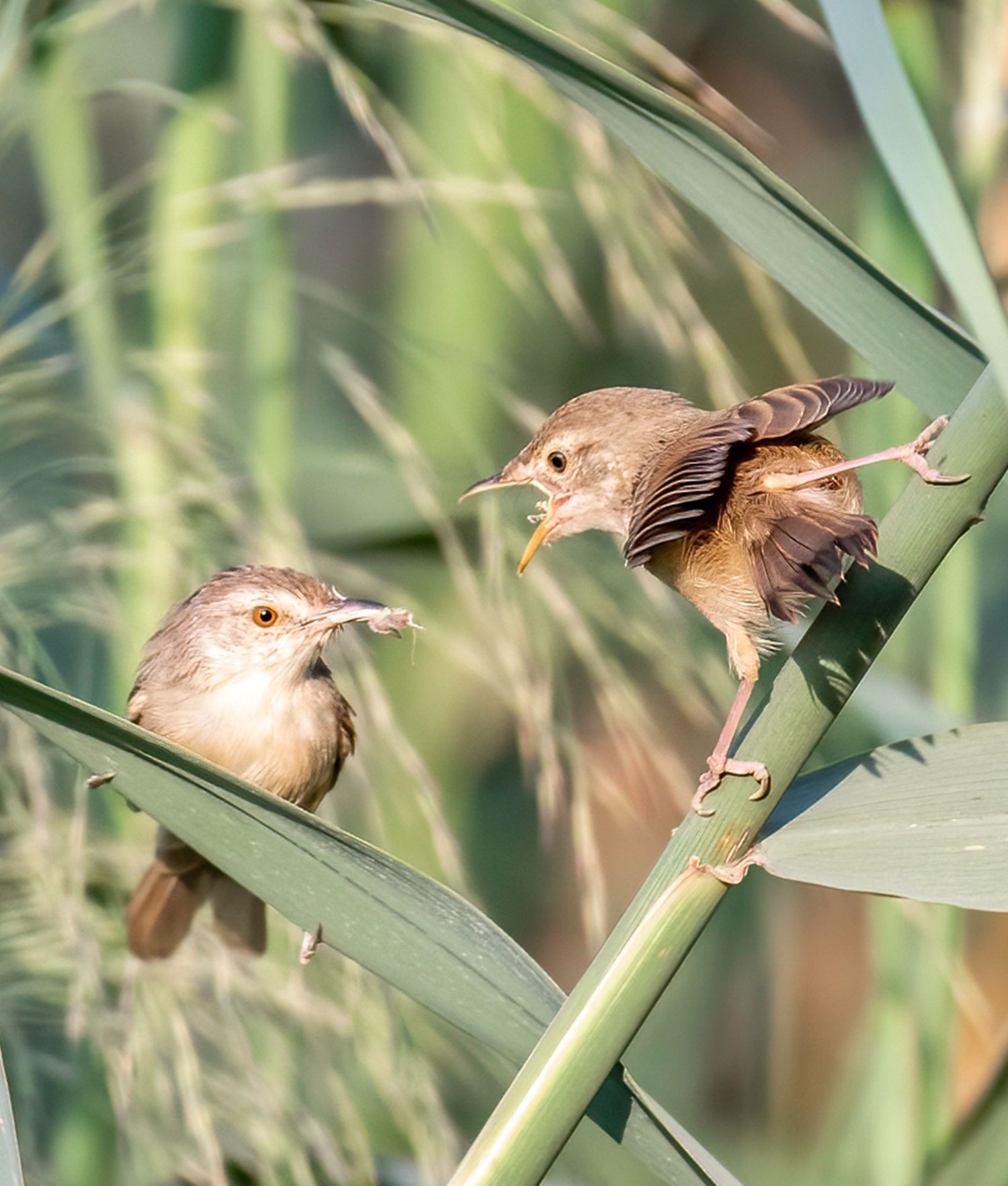
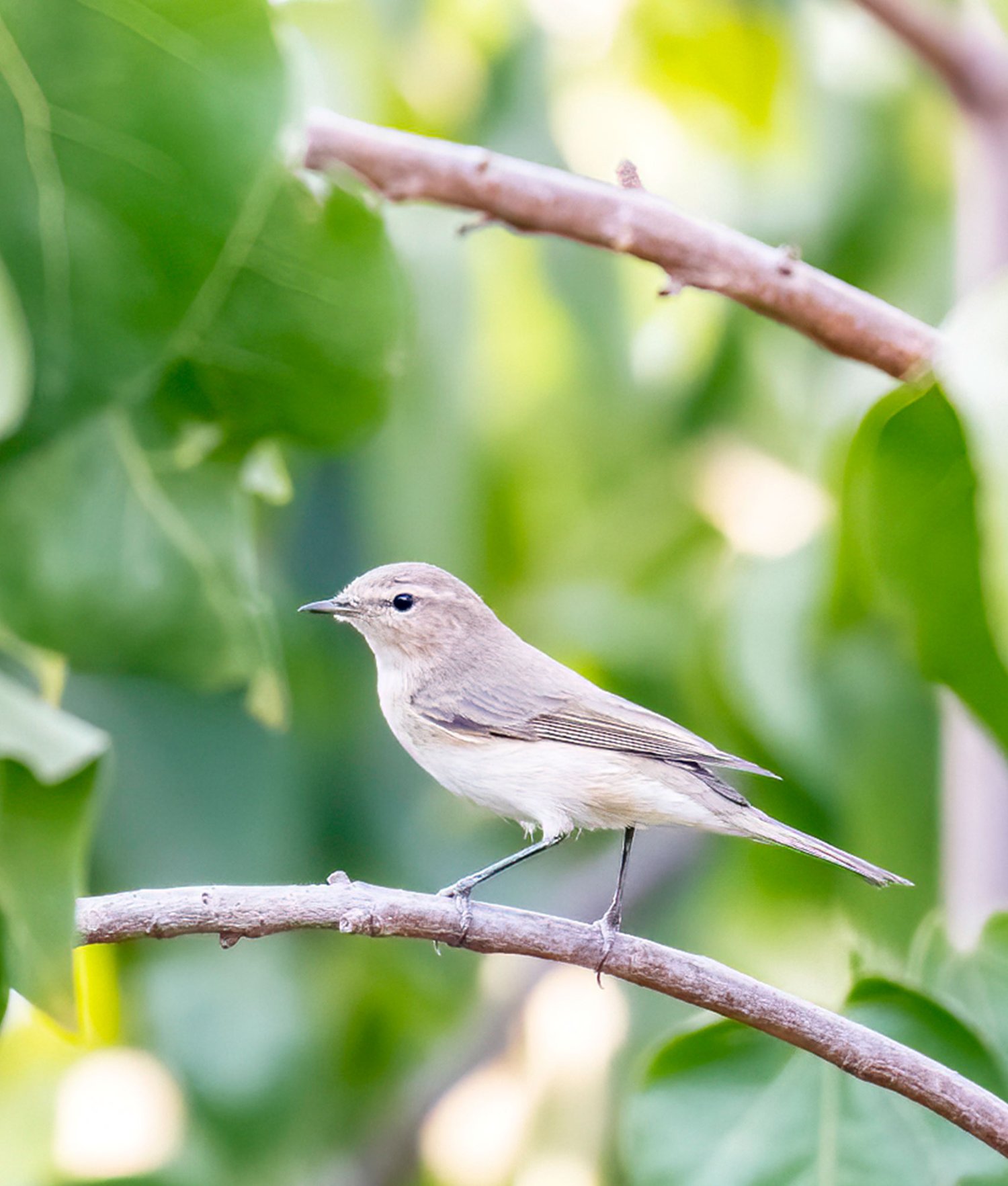
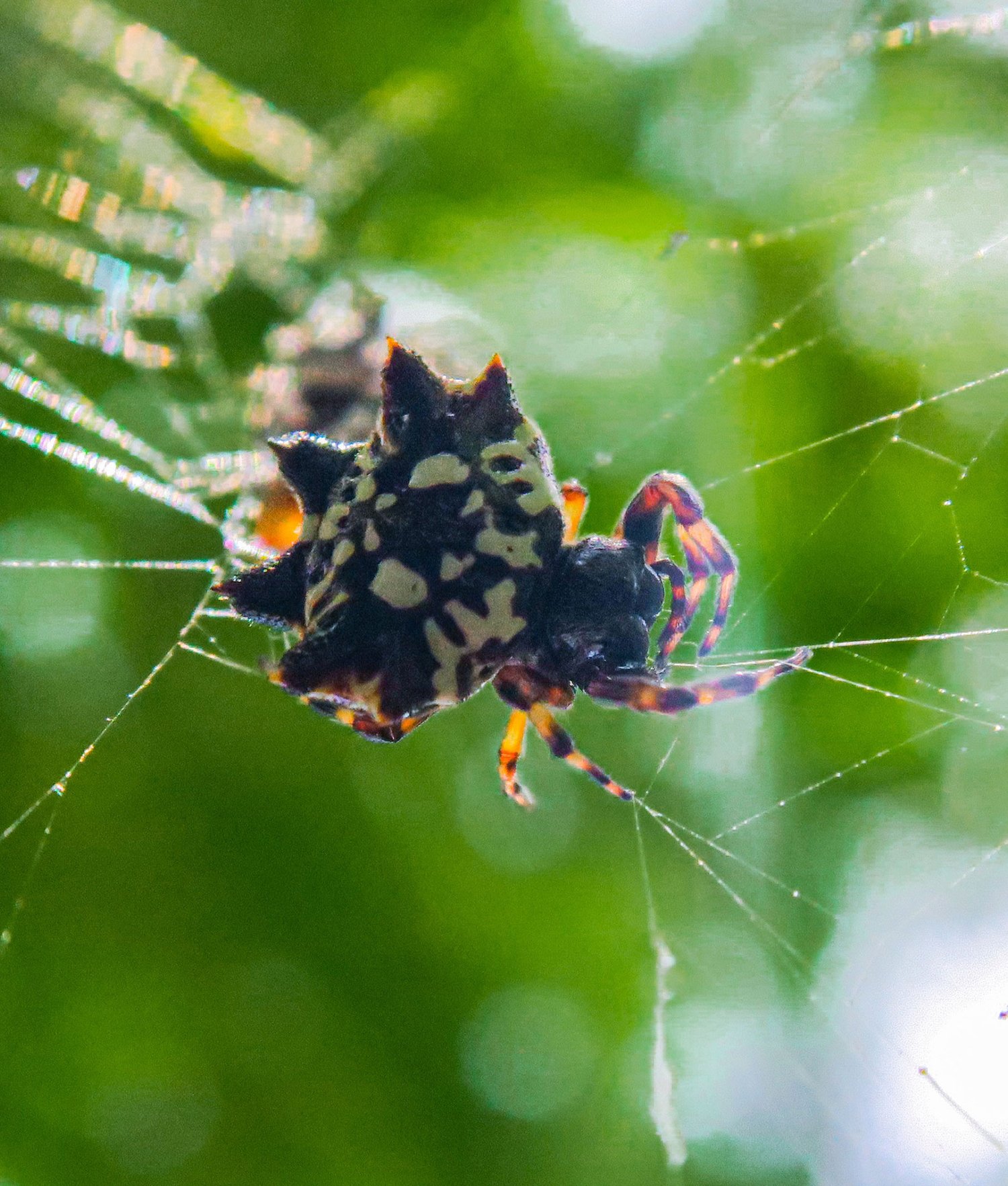
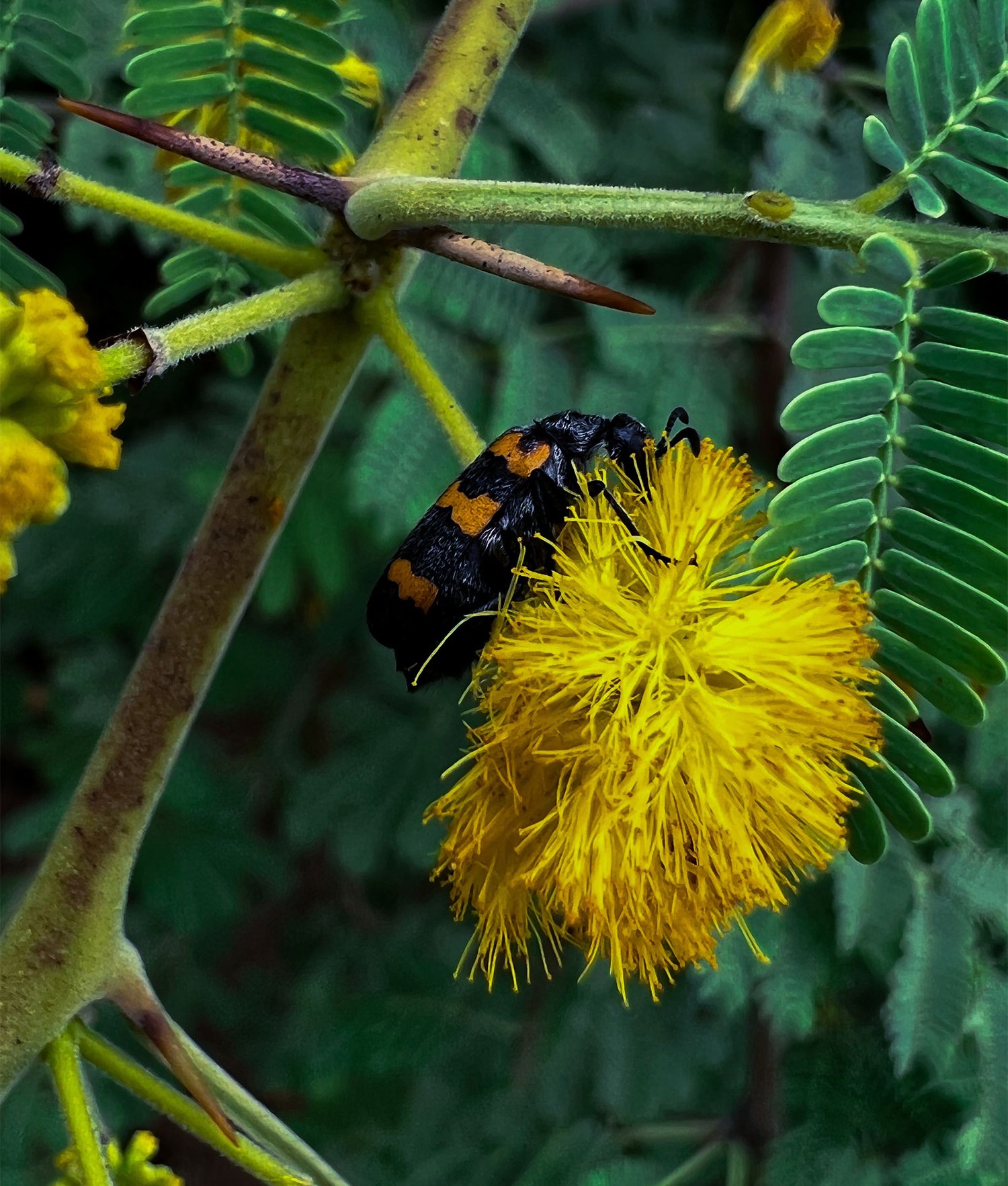
Forest Report: 1 Year
DATE: 29.11.2021
Survival Rate: 80-85%
Tallest Tree: 365cm
The area has been transformed with the planting of the forest. The forest is looking dense. It is green and thriving, after a difficult first few months due to the aridity of the area. Pomegranates (Punica granatum) are now growing too.
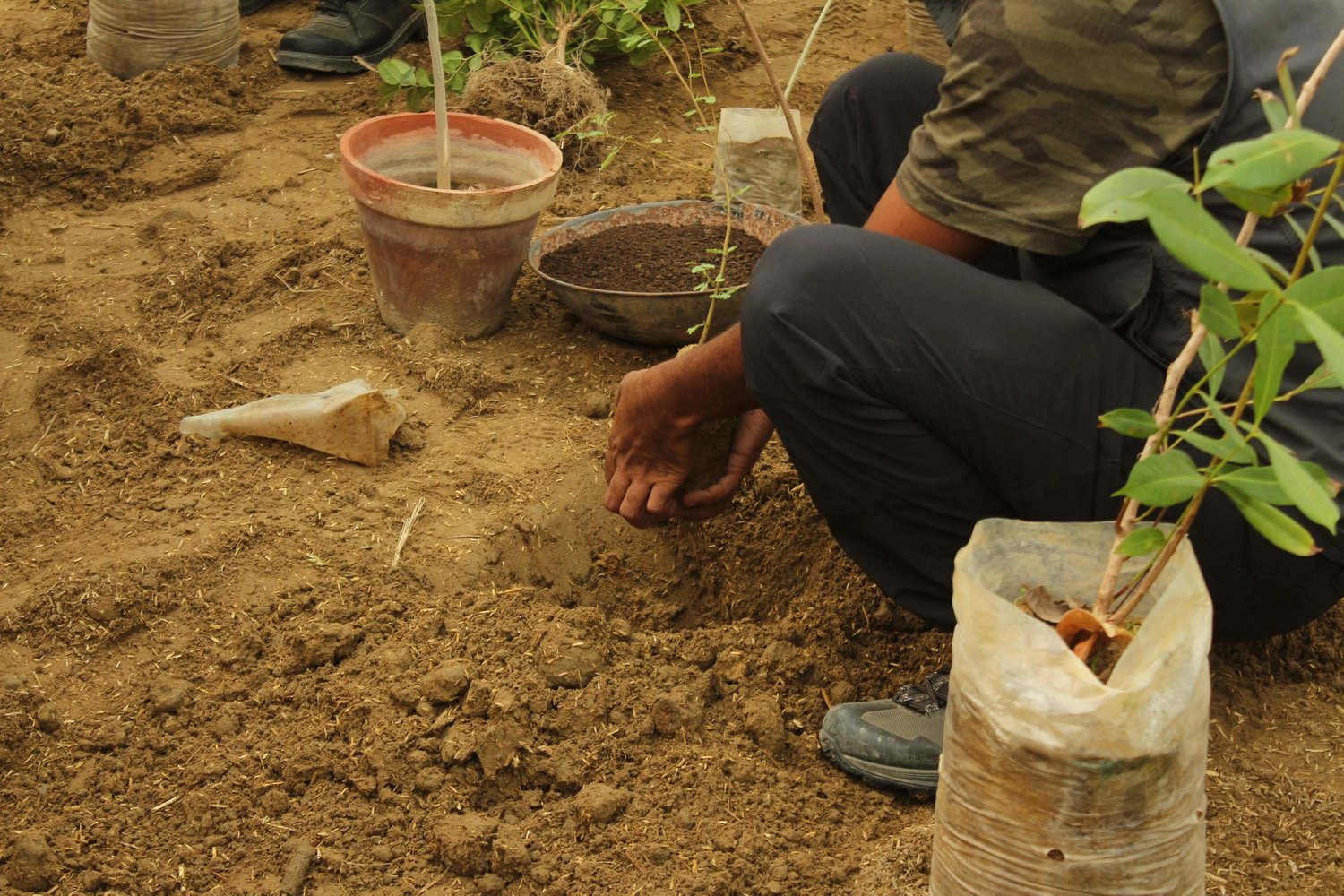
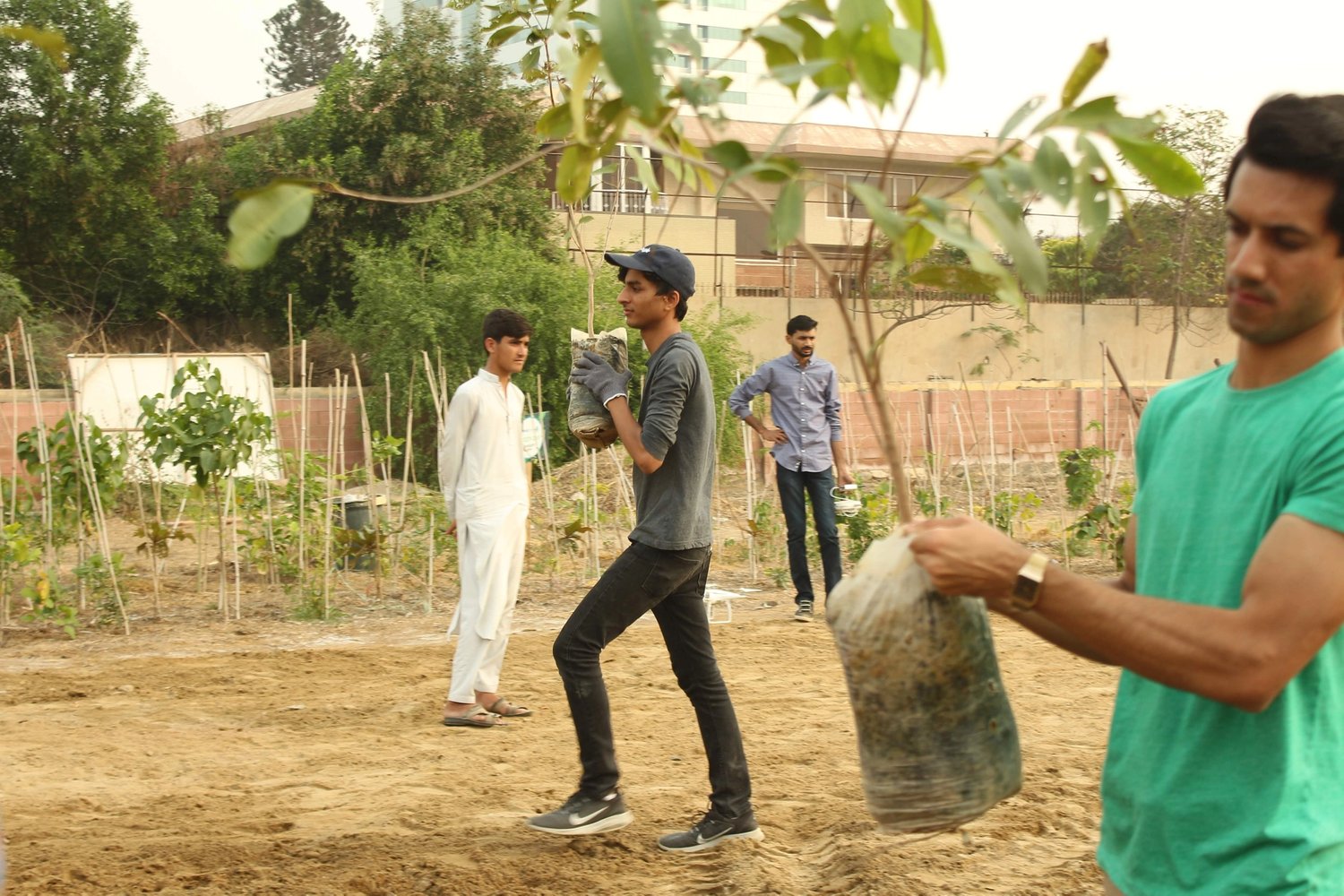
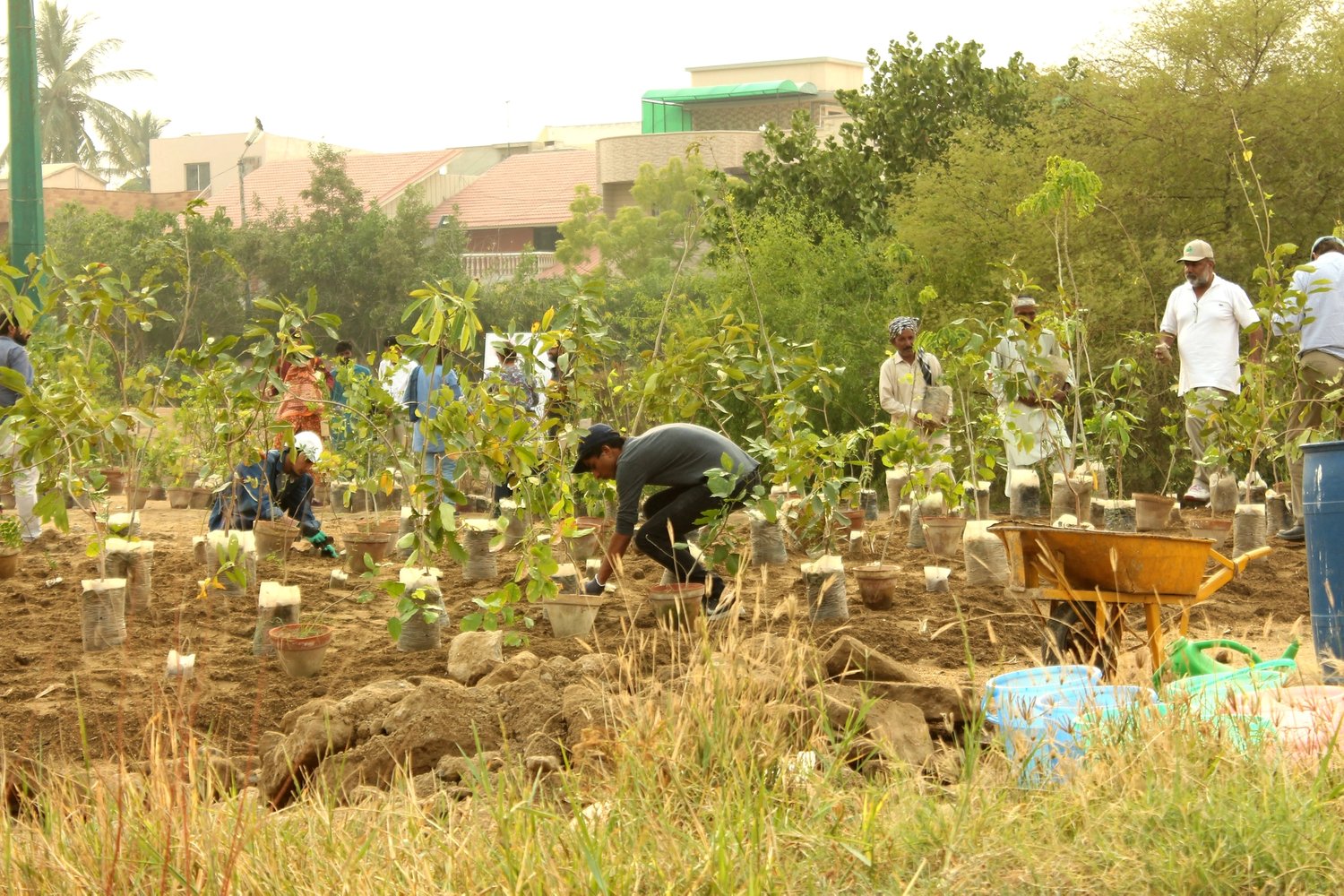
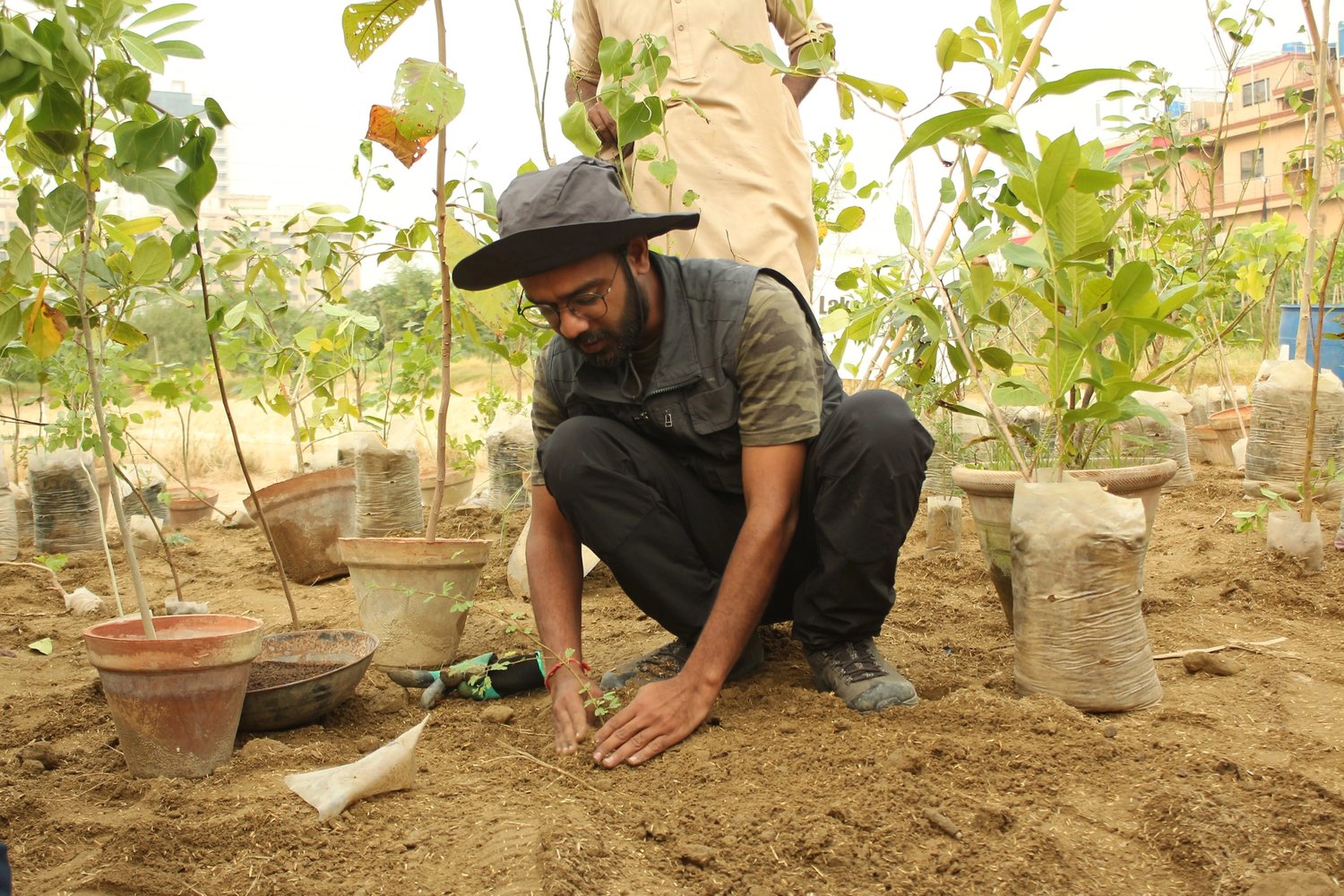
Karachi
Urban Forest Park was initiated after Karachi witnessed its first “official” heat wave, where more than 2000 people perished.
Major culprit for this heat wave was the ‘Urban heat Island’-effect due to the concrete build up and not enough green cover. In our quest to find a solution, we came across the Miyawaki Method which promised fast & sustainable forests within 3 year without using any pesticide and chemicals.
In December 2015 and after seeing the results, we planted our first pilot forest based on Dr. Akira Miyawaki’s Methodology, decided to expand the project in the whole park.
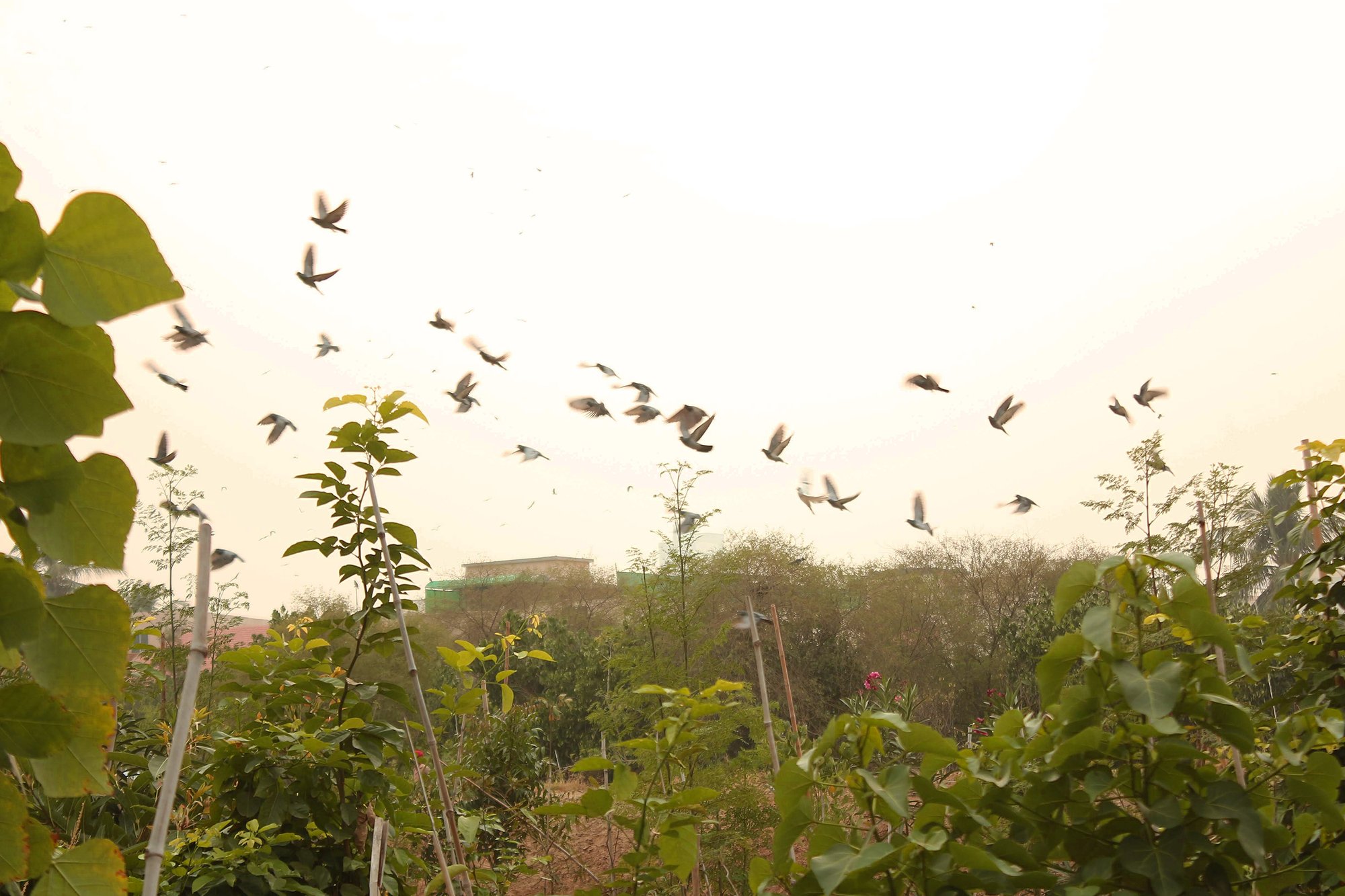
Discover more SUGi Projects

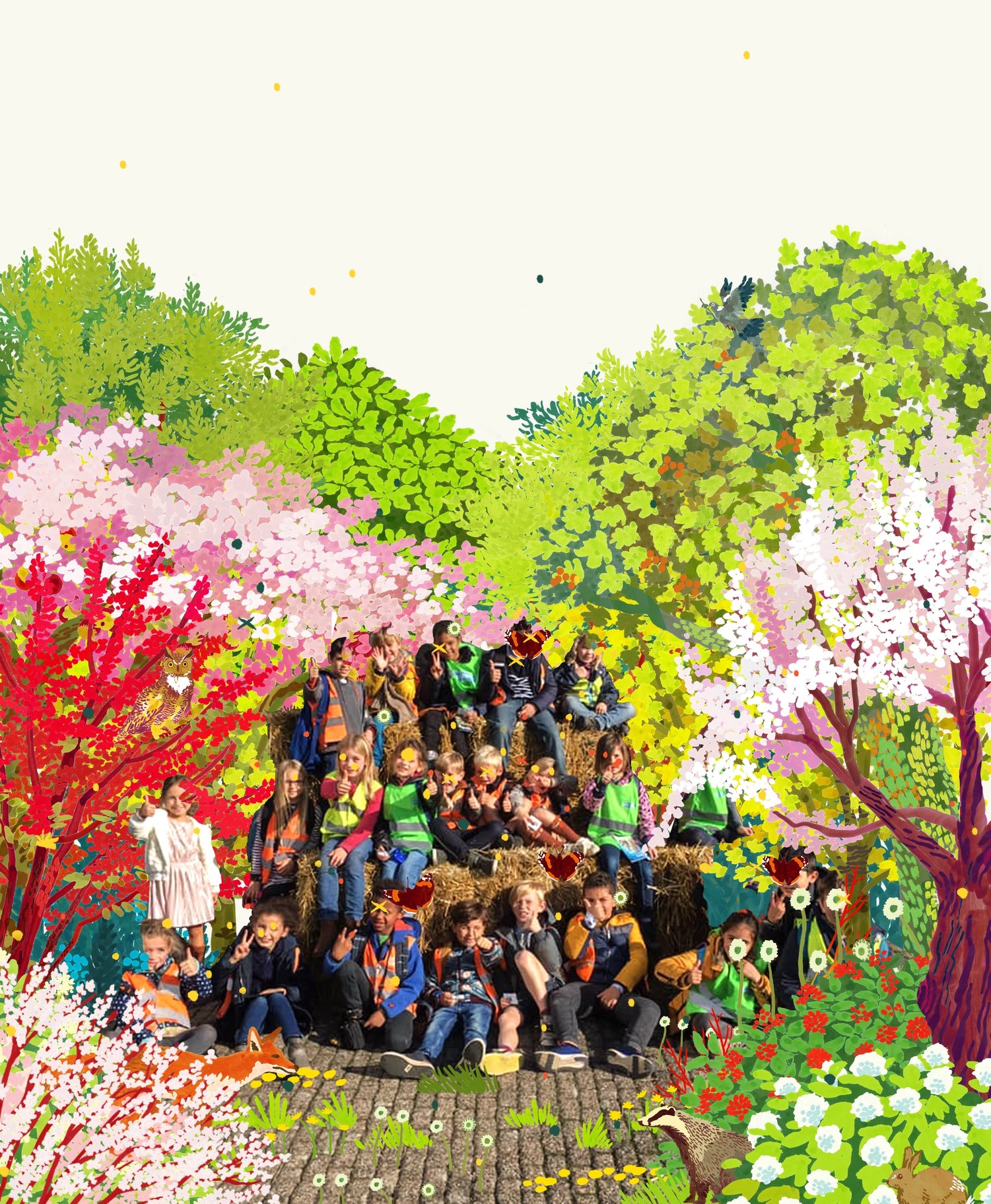
De Ark
A forest learning center in Sint-Niklaas


Langalibalele Forest
Cultivating a green oasis for community wellness and education.

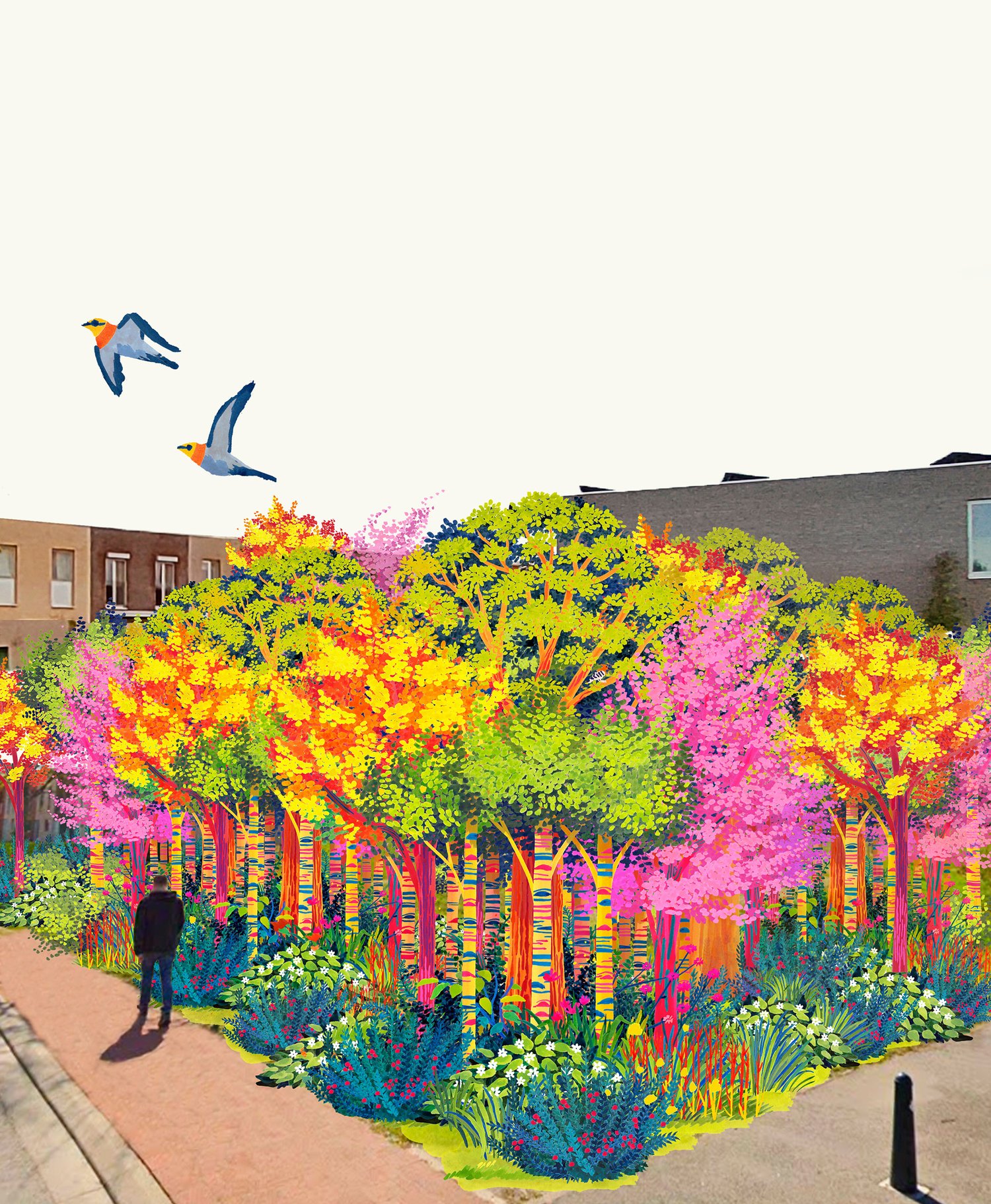
Papenhof Forest
Nature-based therapy at the heart of a city

